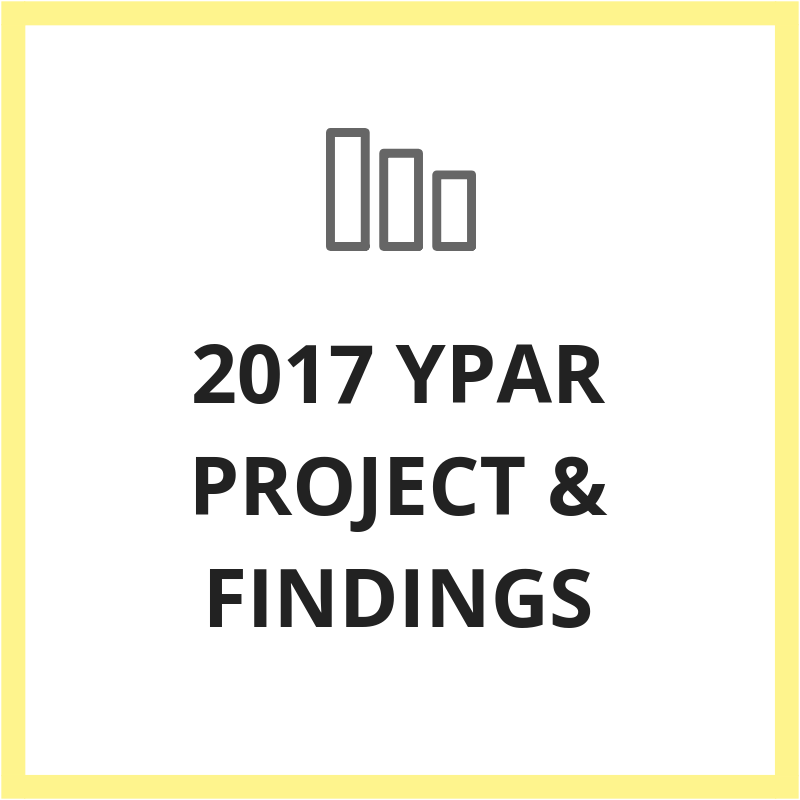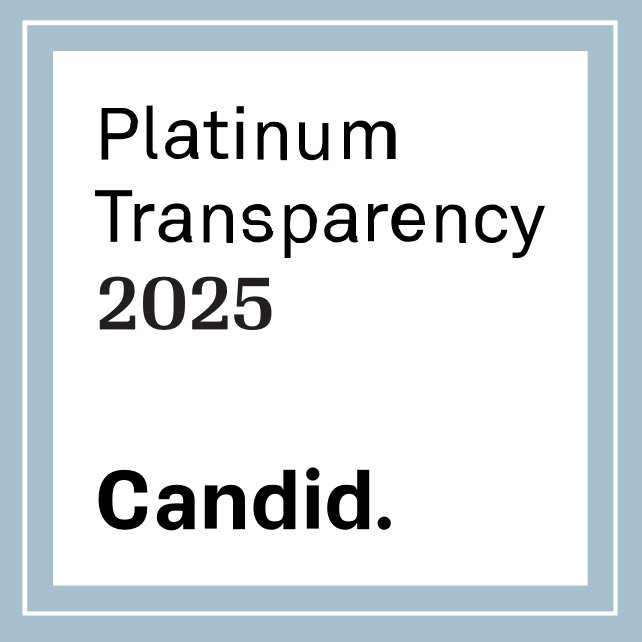Field Building
RYSE employs a core set of strategies that are grounded in racial justice, trauma-informed care, healing, and harm reduction and that elevate the lived expertise of young people. Among these strategies are Radical Inquiry and Base-and-Power Building, which facilitate systems transformation.
Our Field Building Work
As a learning organization that values partnership and innovation, we offer these tools outlining our model, best practices, and lessons to expand the field of youth development and liberation work. These resources have been recognized both locally and nationally and presented at:
American Public Health Association Conference
Facing Race
Culturally Responsive Evaluation and Assessment Conference
National Network for Hospital Based Violence Intervention Program Conference
Kaiser Diversity Conference
National Conference on Community and Restorative Justice
Washington State Student Support Conference
Creating Change
CA ACEs Conference
Delaware Coalition Against Domestic Violence What Makes an ACE Conference
Santa Clara County Children's Summit
Youth Voice in Action: Tips, Strategies, and Advice from Youth Evaluators
Trauma and Healing Learning Series
The EBP-PLUS Model: Liberating Youth, Families, and Community from the Justice System
RYSE Field Building Publications
PLEASE NOTE: Everything below is copyrighted by RYSE, Inc. and cannot be used without our express written permission. Contact us to learn more about using RYSE publications: info@rysecenter.org
In 2013, RYSE launched the Listening Campaign (LC), a community-engaged inquiry to better understand young people's experiences and articulations of trauma, violence, coping, and healing. This report is a detailed analysis of our findings.
The Adverse Childhood Experiences (ACEs) study looked at how biopsychosocial experiences in childhood affected adult chronic disease, mental illness, and experiences with violence. RYSE expands on the original ACEs pyramid in this report.
In 2015, the CA Children’s Defense Fund released Helping Children Heal: Promising Community Programs and Policy Recommendations, which highlighted RYSE as a success in encouraging trauma-informed policy change.
This is a summary of Listening Campaign findings based on RYSE values that include recommendations for community members, schools, service providers, policy and decision makers, and young people.
In 2017, RYSE Youth Participatory Action Research (YPAR) interns conducted a research project on gender-based violence and bullying among their peers. This is a report sharing their findings, recommendations, and experiences.
Policy Wins + Campaigns
RYSE works to build meaningful roles and accountability to young people in policy tables and spaces locally, regionally and statewide. Young people’s experiences, research, testimony and advocacy directly inform and influence the language and intent of all policies developed and supported by RYSE.
Support our field building work.
Give $75 to put healing at the center of movement building.






